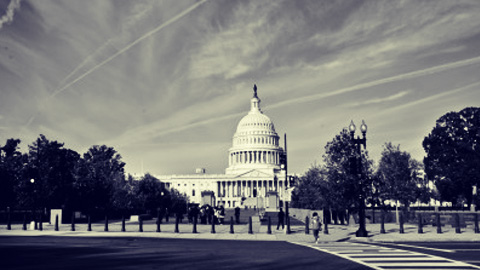The US House of Representatives has voted to overturn a Consumer Financial Protection Bureau (CFPB) rule that would have granted oversight of tech giants like Apple, Google, and X, which provide digital payment apps and wallets.
In a party-line vote, the House approved a Congressional Review Act resolution stating that the rule “shall have no force or effect.” With both the Senate and House now in agreement to eliminate the rule, the decision awaits President Trump’s approval.
Finalized late last year, the CFPB rule aimed to ensure that major nonbank players adhere to federal laws similarly to large banks and credit unions, which are already under CFPB supervision. This rule would have affected companies such as Google, Apple, and PayPal, and potentially X, which has announced plans to introduce payment services this year.
X owner Elon Musk has vocally opposed the CFPB, leading efforts against it through the Department of Government Efficiency (DOGE). Recently, he expressed his stance on social media with a post saying “CFPB RIP” accompanied by a tombstone emoji.
The CFPB argued that the rule was essential due to the significant market share obtained by payment services like Apple Pay and PayPal in recent years, which have not received the same level of regulatory scrutiny as traditional financial services. In contrast, Republican Representative Mike Flood asserted on X that rolling back this regulation is vital to prevent the CFPB from hindering innovation for American job creators.
Since Trump dismissed CFPB Director Rohit Chopra following his inauguration, the agency has been scaling back its operations under acting Director Russell Vought. Recently, it has also chosen to drop multiple lawsuits, including those against JPMorgan Chase, Bank of America, and Wells Fargo over fraud on the Zelle P2P payments network.
Moreover, the CFPB made another significant decision by abandoning a proposed interpretive rule that would have classified pay-in-four buy now, pay later (BNPL) lenders similarly to credit cards. This week, the House also voted to disapprove the CFPB’s rule aimed at capping overdraft fees. That rule would have required banks and credit unions with assets over $10 billion to limit overdraft fees to $5 or set them to cover only costs and losses, or comply with conventional lending laws.
